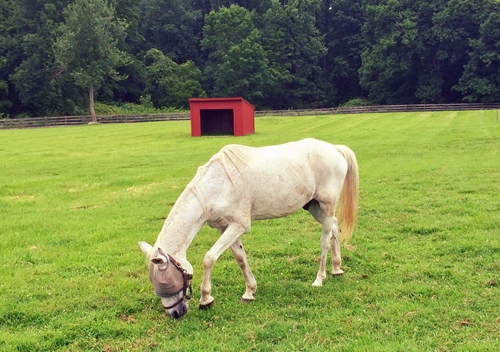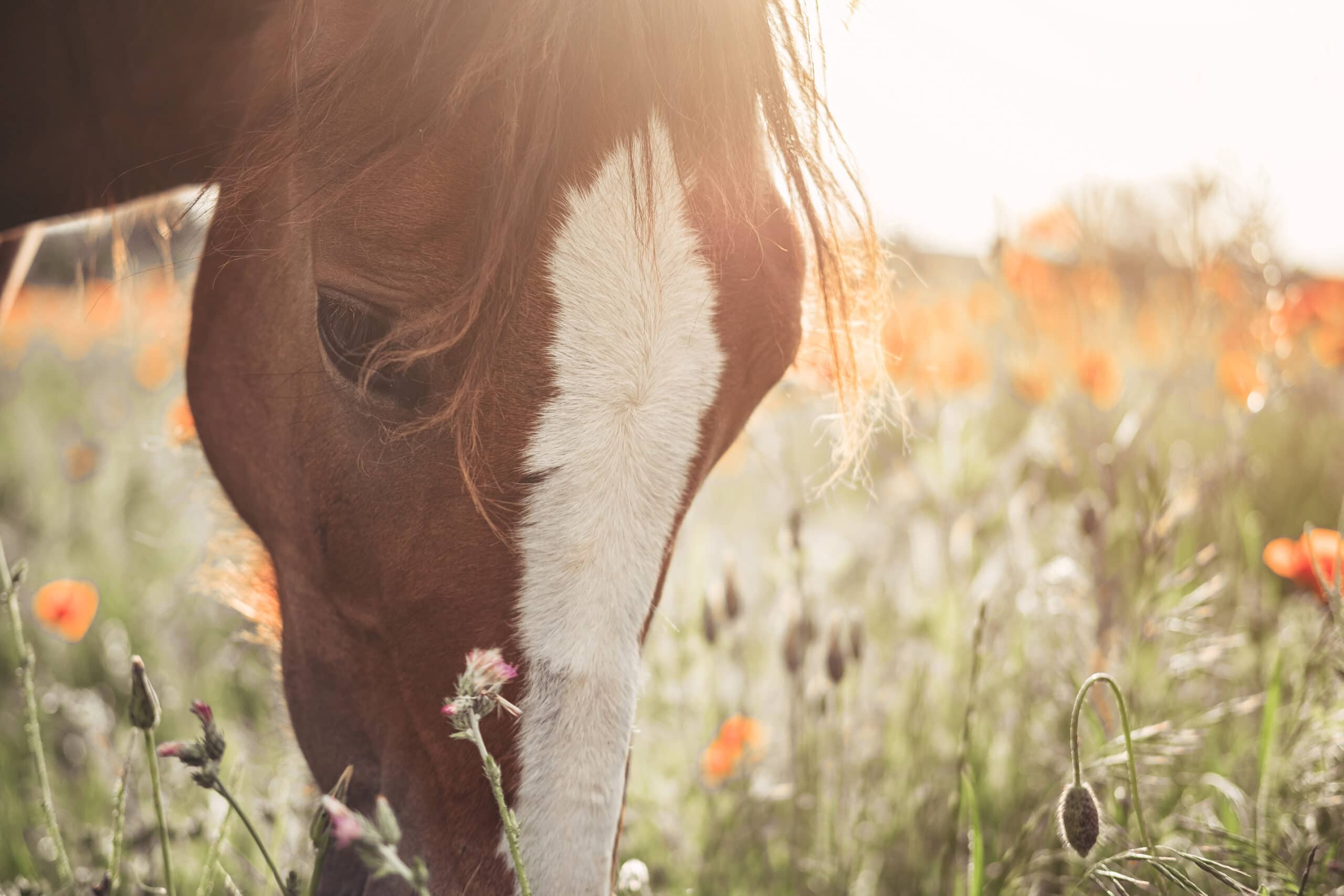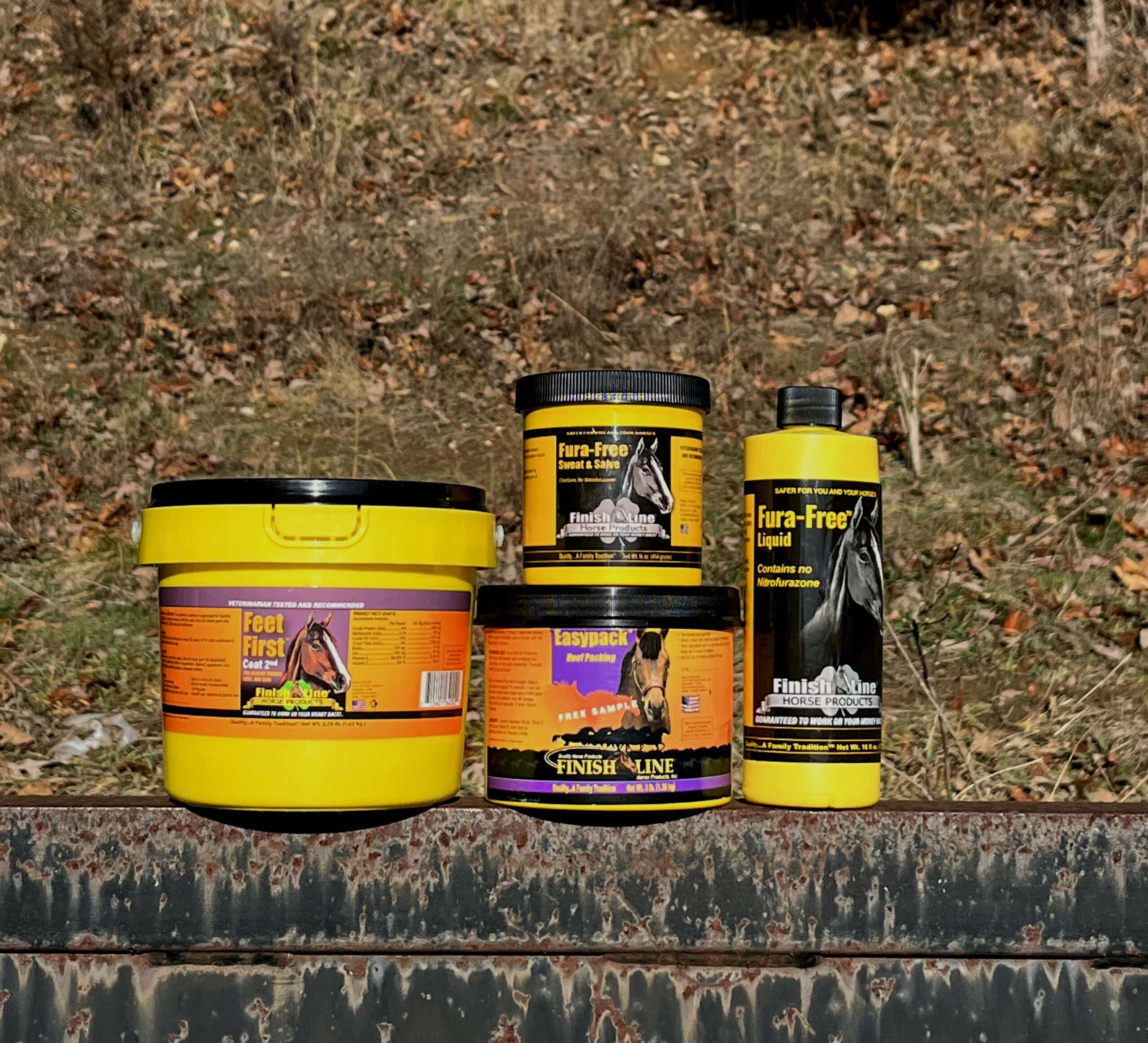Spring is fast approaching, and with it comes a fresh wave of lush vegetation. As new flowers, grass and weeds begin to sprout, horse owners should keep an eye out for toxic plants. Most horses will avoid eating vegetation harmful to their health – such plants often have a bitter taste – but owners should still be wary of accidental ingestion. Also, horses find a handful of toxic plants particularly appetizing and will gravitate toward these even with ample forage available. Below are common plants horse owners should look out for in their pastures:
Bracken fern
“Thiaminase prevents your horse from absorbing vitamin B1.”
Called bracken, brake or eagle fern, this plant, contains thiaminase. This enzyme prevents your horse from absorbing thiamin – i.e., vitamin B1 – which leads to neurological issues. Bracken fern is one of the few toxic plants horses love to eat. Thankfully, according to Equus Magazine, equines must consume hundreds of pounds of the plant to suffer from its toxin.
Groundsel
Also called ragwort or senecio, groundsell contains pyrrolizidine alkaloids. These protect the plant from insects but cause liver failure in horses. Signs of groundsel poisoning include sleepiness, lack of coordination, weight loss, discolored mucus membranes and neurological problems such as aimless walking and head pressing.
Poison/spotted hemlock and water hemlock
All varieties of hemlock affect the nervous system and are highly poisonous to equines, but their effects differ. Poison hemlock, noted for its small white flowers and stems dotted with purple spots, grows around uncultivated areas in the U.S. Symptoms of poison hemlock poisoning begin within two hours of consumption and include tremors, nervousness and a decrease in both heart and respiratory rate. It only takes four to five pounds of hemlock to kill a horse.
“Water hemlock can kill a horse within three hours.”
Water hemlock is more commonly found in wet, marshy areas. It is one of the most toxic plants in the country – a mere pound is fatal to horses. The toxin also progresses much faster – symptoms appear within the hour, and death occurs after two to three. Initial signs of water hemlock poisoning include nervousness, dilated pupils and excessive salivation. The horse then experiences muscle tremors and convulsions, and it may become violent. Eventually, the heart and skeletal muscles begin to degenerate, and the equine dies of respiratory paralysis.
There is no cure for hemlock poisoning, though equines can recover slightly with early intervention. A horse that ingests a small amount of poison hemlock might recover with immediate supportive care from a veterinarian. Horses that consume water hemlock need assistance before convulsions set in. However, even instant medical attention doesn’t guarantee the horse will live, and those that do often suffer permanent damage to the heart and skeletal muscles.
Maple trees
Maple leaves are most toxic right before they die and fall off the tree. In fact, according to Equus Magazine, young, fresh leaves are barely harmful. Mature maples leaves, however, maintain their toxicity for about a month after they wilt and die, so any fallen leaves should be cleared instantly. Owners should keep an eye out for maple leaves during the fall and after major storms.
A horse can die after eating as little as one pound of wilted maple leaves. The onset of symptoms depends on how much of the plant was eaten – symptoms appear after a few hours or a few days and include a decreased appetite, lethargy, dark red or black urine, discolored gums and mucous membranes. A maple leaf’s toxins inhibit an equine’s red blood cells from carrying oxygen, damaging the liver, kidneys and other organs.
If you suspect your horse consumed any of the plants above, contact your veterinarian immediately. If you live in an area where these are common, walk your pasture frequently and remove these plants at the root.









